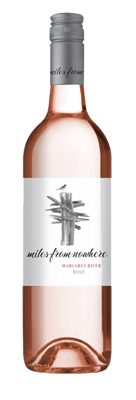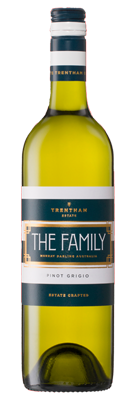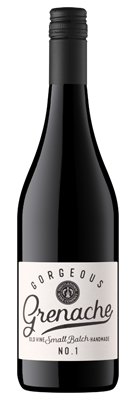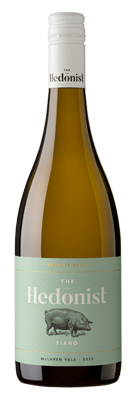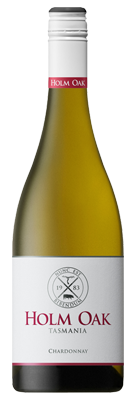Filter by
- Thrillingly fresh and zesty SSB from one of Australia’s oldest family wineries.$18.00 RRPfrom $12.99 when you mix 12+
- A refreshing, easy drinking and exceptional value Margaret River rosé.$22.00 RRPfrom $15.99 when you mix 12+
- Generous, silky Elderton Barossa Shiraz of great elegance and balance.$44.00 RRPfrom $24.99 when you mix 12+
- An exquisitely hand-crafted PG cleanskin from a secret source in cool-climate Hilltops.$35.00 RRPfrom $27.99 when you mix 12+
- "Small in price but big in Grigio personality...91pts. Great Value" (Halliday)$18.00 RRPfrom $17.99 when you mix 12+
- Another quacking Aus-meets-Italy rosé, a favourite from 'Grape Whisperer' Sam Trimboli.$18.00 RRPfrom $12.99 when you mix 12+
- Moonlighters is a beautiful vibrant Gold-winning blend that will always leave you wanting more.$22.00 RRPfrom $18.99 when you mix 12+
- Old vine Grenache from specialists of the grape with points galore. Goregeous in name and nature.$26.00 RRPfrom $21.25 when you mix 12+
- Full-throttle flavour in this smooth, ripe Cab Shiraz made by the talented RedHeads$24.00 RRPfrom $16.99 when you mix 12+
- Rare Langhorne Creek Vermentino from Aussie wine legend, and huge fan of the region, Ben Glaetzer.$25.00 RRPfrom $22.99 when you mix 12+
- A beautifully crafted classic Hunter Semillon from a master of the art!$25.00 RRP$20.99 when you mix 12+
- Velvety red from a Portuese legend! Once a crazy idea, now a seven-time medal-winning favourite.$28.00 RRPfrom $18.99 when you mix 12+
- Gold medal pink from highly regarded Reschke using fruit from the Limestone Coast.$22.00 RRPfrom $15.99 when you mix 12+
- A rich and very attractive and exclusive, Gold-medal Limited Release McLaren Vale Shiraz.$25.00 RRPfrom $14.99 when you mix 12+
- A classic Aussie of flavour, and personality. Bonza in name and nature. More Golds for this vintage!$19.00 RRPfrom $12.99 when you mix 12+
- Succulent Barossa Grenache from winemaker Andrea Maxwell, that's just scooped a Gold.$28.00 RRPfrom $16.99 when you mix 12+
- A beautifully crafted classic Hunter Chardonnay from a 5 red-star-rated master of the art!$25.00 RRPfrom $21.99 when you mix 12+
- “Stylish and complex" 94pt Yarra Valley Pinot Noir "higly enjoyable" (Wine Orbit).$28.00 RRPfrom $28.00 when you mix 12+
- 94pt, Great Value Fiano “Refreshing and engaging. Very good.”(Halliday) from a McLaren Vale veteran.$28.00 RRPfrom $26.99 when you mix 12+
- Tassie Chardonnay from an excellent, 5-star family estate, with a raft of high scores up to 96pts.$40.00 RRPfrom $35.99 when you mix 12+
- "A smart blend" (Halliday) with Golds, Platinum and 94-96pt scores. "Stunning stuff" (WinePilot).$120.00 RRPfrom $110.00 when you mix 12+
- $28.00 RRPfrom $19.99 when you mix 12+
- A seductive and velvety red wine, Rex Mundi will tempt you with its gorgeous, ripe fruit.$28.00 RRPfrom $18.99 when you mix 12+
- A truly regal, Grenache-rich Rhône red with TWO Golds, and many fans.$29.00 RRPfrom $21.99 when you mix 12+



